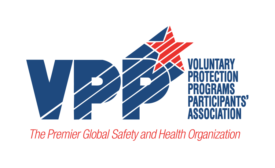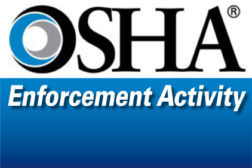Home » PSM
Articles Tagged with ''PSM''
Pork processors exposed to corrosive chemical
Oklahoma-based Seaboard Foods LLC faces $51K in fines
February 23, 2015
Worker fatally struck by car at meat processing plant in San Antonio
Surlean Foods cited for 9 safety violations
January 2, 2015
Never miss the latest news and trends driving the safety industry
eNewsletter | Website | eMagazine
JOIN TODAYCopyright ©2024. All Rights Reserved BNP Media.
Design, CMS, Hosting & Web Development :: ePublishing







